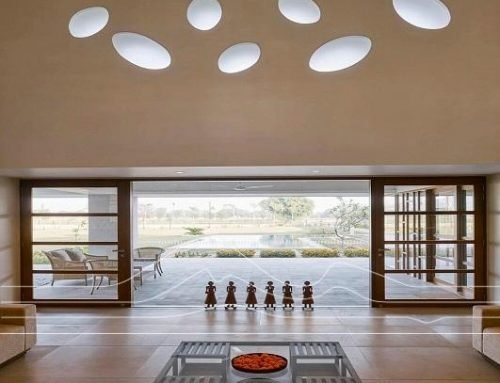Water absorption is an important factor to consider when selecting natural stone paving for your garden. Natural stone is a popular choice for your garden or lawn’s paving because it is durable, attractive, and comes in a wide variety of colors and textures. However, not all natural stone is created equal when it comes to water absorption.
But what is water absorption?
Water absorption means the capacity of a material to retain water. On account of natural stone paving, a higher water ingestion rate means that the stone is more permeable and subsequently more vulnerable to harm from water and different components. This can start the staining, breaking, and, surprisingly, the development of molds, which can be unattractive and undesirable.
One of the reasons for why water absorption matters while choosing paving for your garden is that it can influence the dependability of the paving.
Natural stones with high water absorption rates are more likely to absorb water from the ground and expand, which can cause the paving to become uneven and unstable. This can cause breaks and different sorts of harm, and can lessen the life of the paving.

Another reason why water absorption matters when selecting paving for your garden is that it can affect the appearance of the paving. Natural stones with high water absorption rates are more likely to retain water and become discolored or stained. This can make the paving look unsightly and can reduce its aesthetic appeal.
To avoid these issues, it is important to choose natural stone paving with a low water absorption rate. This can be determined by measuring the weight of the stone before and after it is soaked in water for a specific period of time. The difference in weight is then used to calculate the water absorption rate.
Low water absorption natural stone paving options include granite, quartzite and certain varieties of limestone. Another option is quartzitic sandstone, which is a type of sandstone that contains a high percentage of quartz. These stones are more dense and less porous, making them more resistant to water damage. Additionally, they are less likely to harbor bacteria and other microorganisms, which can be a concern in damp outdoor environments.
In conclusion, the water absorption rate of natural stone is an important factor to consider when selecting paving for your garden. Choosing natural stone with a low water absorption rate, such as granite, quartzite, slate, or quartzitic sandstone, will provide a durable, attractive, and long-lasting solution for your garden paving needs.




Leave A Comment